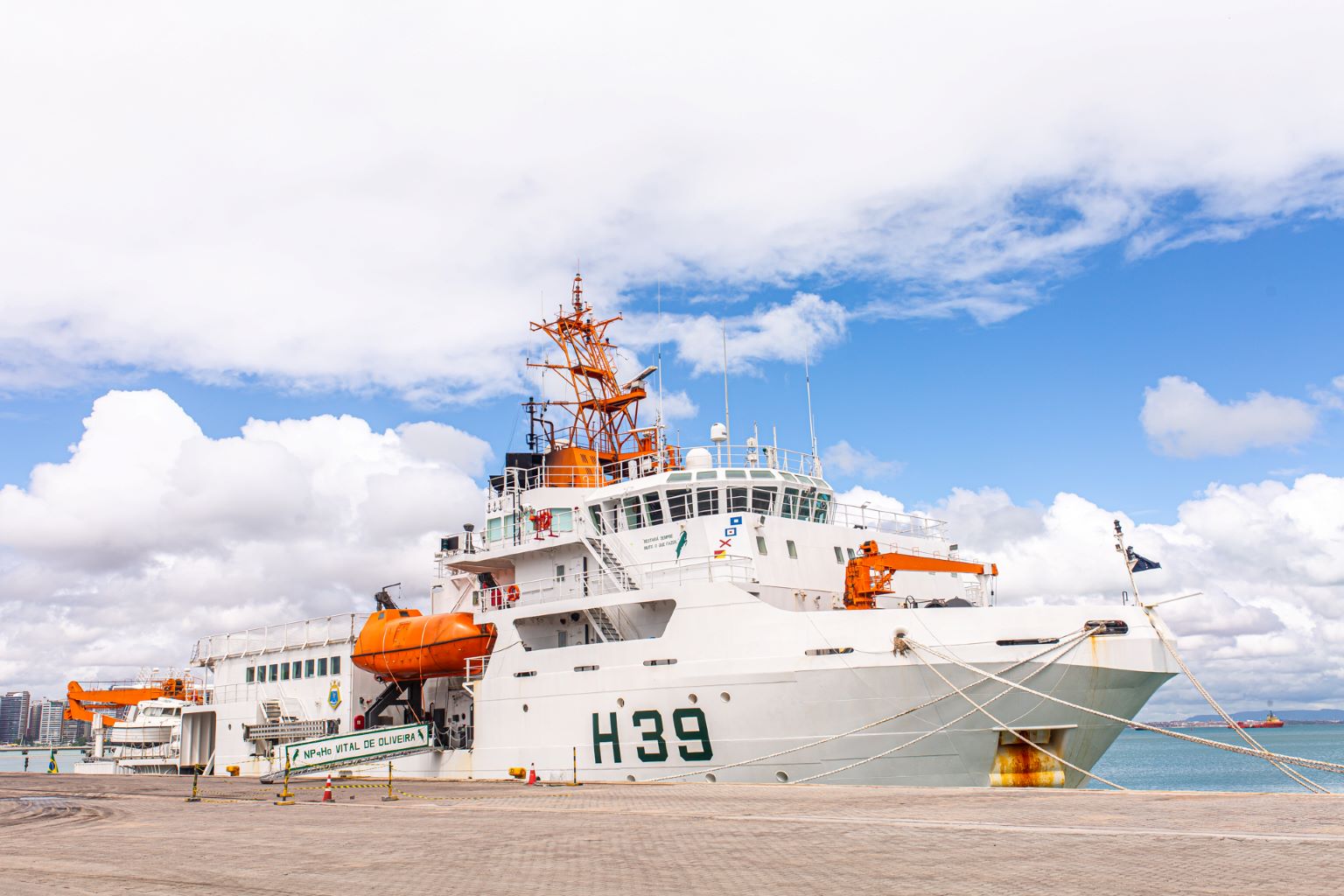Petrobras, in collaboration with the Geological Survey of Brazil (SGB) and 10 regional universities, commenced a scientific expedition to unlock the potential of the Equatorial Margin, hailed as the new frontier in oil and gas exploration.
Petrobras said the expedition, being conducted aboard the hydro-oceanographic survey vessel Vital de Oliveira, set out to deepen its understanding of the maritime portion of the Equatorial Margin, spanning from Rio Grande do Norte to Amapá.
“With the participation of 28 scientists from a dozen universities, the mission represents a significant expansion from previous years, showcasing Petrobras’s commitment to advancing scientific knowledge,” the company said in an April 1 announcement.
Petrobras completes Pitu Oeste well drilling, identifies hydrocarbons in Potiguar basin | OilNOW
“This expedition marks a pivotal moment as we leverage advanced technologies, including artificial intelligence and drones, to uncover the region’s untapped potential. Our goal is to collaborate with academia and local research groups to produce actionable insights crucial for our projects and national scientific advancement,” said Jean Paul Prates, Chief Executive Officer of Petrobras.
Petrobras said the expedition will focus on in-depth studies of the region’s marine geology, utilizing state-of-the-art equipment to collect data from depths ranging between 130 and 800 meters. Collaborating with the scientific community, Petrobras aims to monitor environmental components such as habitats and sensitive biological groups, laying the groundwork for future environmental programs.
Petrobras takes over BP’s stakes in basin where geologist say Guyana oil-rich play extends
The Vital de Oliveira ship, equipped with advanced research facilities, was the cornerstone of the mission. Petrobras said the vessel’s ability to map data from the atmosphere, ocean, marine soil, and subsoil makes it a leading hydro-oceanographic platform worldwide.
Petrobras said it views the Equatorial Margin as a significant opportunity for oil exploration in Brazil, likening its potential reserves to the multibillion-barrel discoveries being developed by ExxonMobil in neighboring Guyana.
Earlier this year, Petrobras faced a setback when Ibama blocked its plans to drill in block FZA-M-59 within the Foz do Amazonas basin, citing social and environmental concerns. In response, Petrobras chose to seek a license for exploration in the Potiguar basin as an alternative while awaiting the outcome of an appeal for the Foz do Amazonas project.



